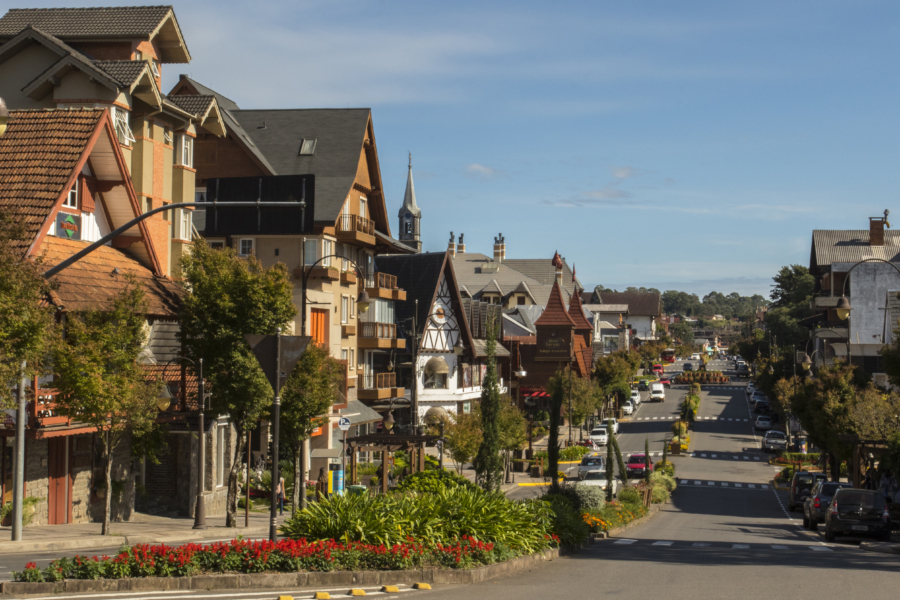
Gramado is now one of Brazil's top tourist destinations, not just because of its landscapes, cuisine, and welcoming nature, one of the most popular destinations in the Serra Gaúcha region. A destination's reputation is a direct result of a collective and ongoing effort, said Lidiane Amorim, Director of Product and People at ANK Reputation, during a training session for local industry representatives.
"Gramado's reputation doesn't belong to Gramado," Lidiane emphasized. "It's built by all the signals we send, at every touchpoint: from hospitality to the quality of infrastructure, service, communication, and many others," she added.

With the title Reputation at the heart of the strategic positioning of the tourist destination, the meeting discussed changes in behavior in the choice of tourist itineraries in recent years, the reputational impact on the positioning of these regions and the role of trade in building the reputation journey of the recognized national tourist hub.
Generation of positive experiences and memories
In the case of a tourist destination, these signals depend on the actions of multiple stakeholders, such as government, trade, the local community, tourists, influencers, and the press. Thus, a good reputation depends on generating positive experiences and memories at all points of contact.
Lidiane noted that today, more than 851,000 Brazilians consult reviews before choosing a destination, and that this choice is driven by safety, value for money, good weather, natural landscapes, and gastronomy. "Individual experiences have become a public reference. Gramado is being evaluated in real time, every day," she said.
New reputational risks
Among other topics covered, Lidiane addressed the new risks affecting brands and tourist destinations: rising consumer expectations, the climate crisis, pressure for ESG practices, cancel culture, political polarization, and social media as the new customer service center. "Reputation increases visibility, but also accountability and public scrutiny. Being prepared is essential."
In closing, Lidiane invited joint action, because the reputational journey is a shared responsibility among all stakeholders in the municipality. From warm hotel welcomes to social media comments, everything communicates and counts. "Authenticity, consistency, and cohesion help to avoid confusion and reinforce the perceived value of the destination, attracting investment, strengthening local identity, and generating prosperity for the community," she concluded.
The event was part of a series of training sessions for the trade promoted by the city's Tourism Department.
Good practices for a positive reputation of a tourist destination:
• Be clear about the differences and communicate authentically;
• Deliver more than you promise;
• Value those who make the destination happen: people, local culture, community;
• Maintain a “reputation savings”: ethical conduct and consistency in actions;
• Prepare for crises with plans, governance and training.
. Ismael Cardoso is a journalist and consultant at ANK Reputation
Ismael.cardoso@ankreputation.com.br